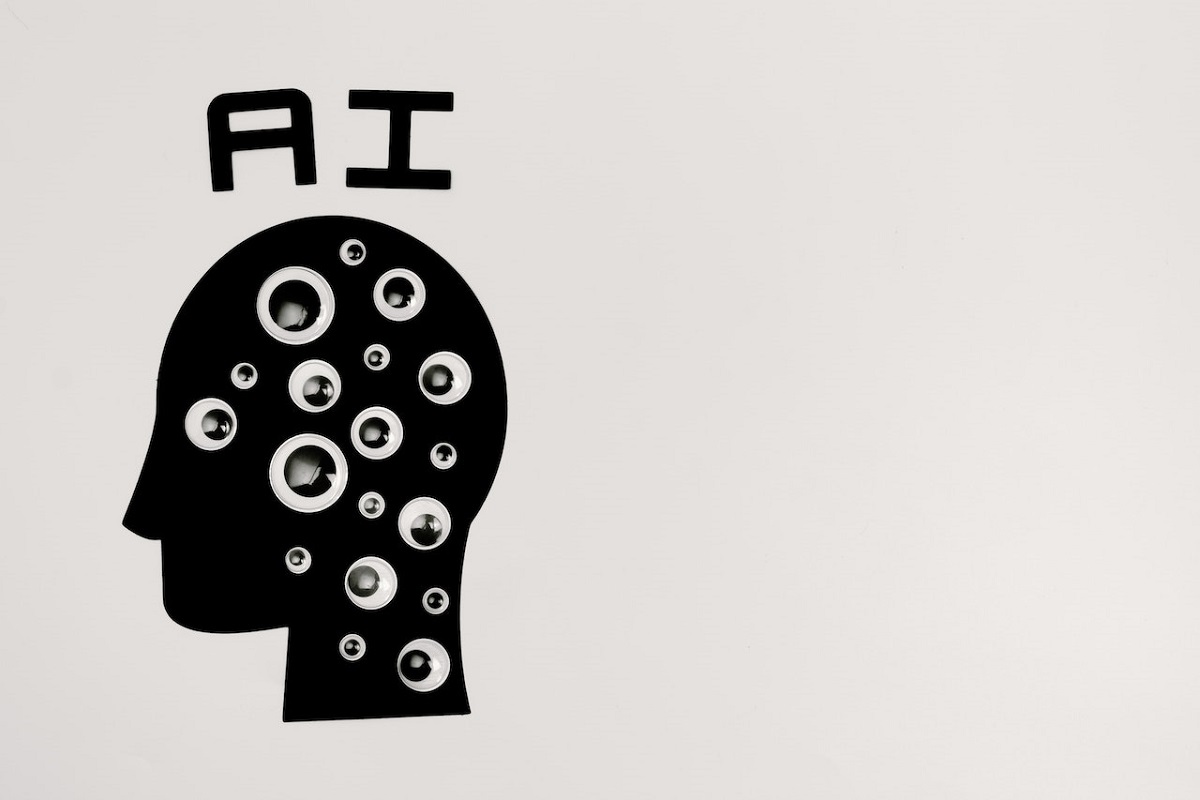The G7 countries plan to appeal to companies operating in the sphere of artificial intelligence with the proposal of adopting as guidelines defining the principles of work a set of rules developed by the states of this association.

Representatives of the political alliance consider the regulatory system as a tool, the use of which will reduce the likelihood of the risks associated with machine intelligence. Also, the set of rules is designed to combine approaches to AI control in the United States and Europe, which are currently not characterized by a high degree of consistency.
The principles of the activity of artificial intelligence developers provide for a number of measures that representatives of the advanced technology industry will have to comply with if an agreement is reached on the application of a unified regulatory system. The G7 proposals provide for external testing of digital products based on machine intelligence before their implementation. Also, the set of rules contains a norm on mandatory public reports on security measures and control regime to ensure the protection of intellectual property. The relevant information was reported by the media, which got acquainted with the content of the preliminary regulatory plan, which can be agreed upon as early as this week.
Currently, the set of rules is not the final version of the regulatory system. The discussion on the issues of control and monitoring in the space of the activities of companies developing artificial intelligence technologies and systems continues. This means that adjustments may be made to the draft document and there is a possibility of cancellation of some proposals.
The media, citing insiders, report that France, Germany, Italy, Canada, Japan, the United States, and the United Kingdom have not yet come to a consensus on the necessity and expediency of the process of tracking the progress of companies working in sphere AI agreed at the highest official level. The US adheres to the position that supervision in this case is not necessary in principle. The European Union promotes the view that a mechanism should be created to verify compliance by technology companies with the requirements for their activities and identify violations of the rules, followed by the publication of information about firms, that ignored the norms, in the public space. Insiders provided information on condition of anonymity, noting that this issue is being discussed in strict confidentiality and currently there is still no final decision agreed by all participants in the discussion.
The appearance of a chatbot based on artificial intelligence called ChatGPT, developed by OpenAI, has become something like a starting point in the competition of technology companies for the development of their own digital thinking systems and apps that use innovative solutions. Against the background of the intensification of what can be conditionally designated as the race of machine intelligence, governments around the world have begun to think about how to ensure the safe and responsible use of AI without limiting its advantages and capabilities.
Experts say that the European Union is likely to be the first to introduce a system of mandatory rules for artificial intelligence developers. Currently, a law on AI is being discussed in this block of countries. The politicians plan to reach a final agreement on this issue by the end of the current year.
The United States says that other G7 countries should make voluntary commitments, by the US example that has reached agreements with companies such as OpenAI, Microsoft, and Google in the summer of 2023. The administration of American President Joe Biden supports the idea of regulating AI, but this position cannot be implemented without a similar willingness from Congress.
Senate Majority Leader Chuck Schumer says that the artificial intelligence bill should promote innovation in the United States, guarantee national economic security, and solve copyright issues. Also, in his opinion, uniform transparency standards for AI developers should be developed. At the July hearing, Dario Amodei, chief executive officer and co-founder of Anthropic, told senators that the moment of approaching the mental development of machine intelligence to the point of superiority over human capabilities is closer than expected.
The rules proposed by the G7 countries include, in addition to the already mentioned testing of artificial intelligence-based products in order to check security vulnerabilities and public reporting, an open privacy policy, and risk management. Also, companies within the framework of this regulatory project undertake to mark the content created by AI using watermarks and other methods.
Another point of the sphere artificial intelligence regulation project is investing in advanced technology security research. Also, the set of rules discussed by the G7 provides for the priority creation of machine intelligence systems designed to solve global problems, including measures to eliminate or minimize the consequences of the climate crisis, improving the situation in the sphere of education on an international scale and positive modernization of healthcare at the global level.
The draft regulation of machine intelligence separately mentions the importance of international standards for testing and authentication of content. It is also noted the importance of controlling data entering AI systems in order to protect intellectual property and personal information.
As we have reported earlier, Experts Say About Benefits of AI for Economies of Many Countries.









